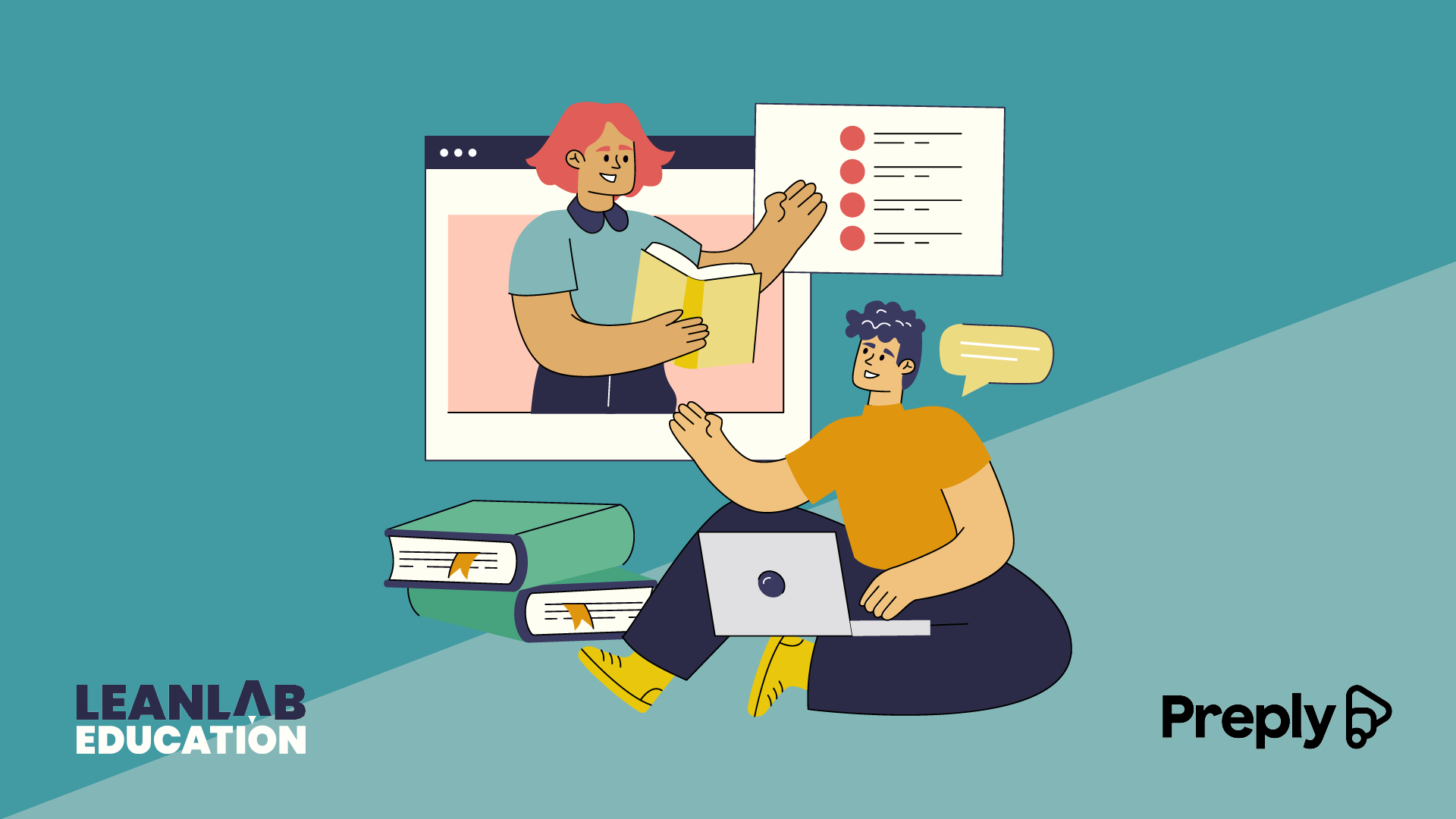Melanie Kong, Floop CEO & Adam Surrey, English Teachers at Van Horn High School
In 2016, I met Melanie at the Seattle EdTech meetup. We were going around the group introducing ourselves and our work, and both us had nearly identical introductions: “Hi, I’m Christine, and I’m a teacher working on an app that will help my students learn how to get feedback to drive their learning.” We met up for coffee later that week and we still joke about how it was a ‘perfect first date’. We quickly realized that we were trying to solve the same problem with the same vision and complementary solutions.
Both Melanie and I are classroom teachers who were frustrated with how the EdTech industry, through funding cycles and expertise silos, was systematically excluding both teachers and students from the design process. In the classroom, Melanie needed a solution to help her give effective feedback to her students on their paper-based assignments, and I needed a solution to facilitate a scaffolded peer review process. Entrepreneurially, we both wanted our apps to be built ground-up by educators and learners, for educators and learners — and we knew this would be an uphill battle.
Human-centered design has been one of our core values since the beginning of our teaching careers. We’ve found that being truly human-centered means “believing that the people who face those problems every day are the ones who hold the key to their answer” (Ideo.org, The Field Guide to Human-Centered Design). In the classroom, effective teachers learn early-on that good classroom teaching means observing, dialoguing, and working with our students on a daily basis to responsively develop the learning environment they need.
In EdTech, we’re learning that human-centered design is an approach that puts the user at the center of the design process from problem definition to scale. It also requires that daily decisions, both product and business, are informed by timely and relevant experiences in real classrooms. We’ve found that the only way to do this well is to retain students and in-service classroom teachers on our team.
Melanie Kong, Floop CEO & Adam Surrey, English Teachers at Van Horn High School
I expect that most companies would argue that their products are user-focused; they have prior educators on their teams and their products have been tested in classrooms. But true human-centered design doesn’t just mean checking in with educators at the early stages of development. Each element of our product, from the text on a button to the prioritization of a new feature, is designed in response to iterative testing with real teachers and students in a variety of classrooms. Each lesson in our curriculum has been informed by interviews conducted by our student interns and then field-tested repeatedly until it delivers the outcomes we’re aiming for. Each email we send is written and scheduled with the nuances of the school calendar and teacher priorities in mind.
This level of focus on human-centered design goes beyond developing partnerships with schools. We are able to do it because we insist on continuing to live in both worlds: as classroom teachers and as entrepreneurs.
Floop is a web and mobile platform that helps teachers give meaningful feedback faster and teaches students to use feedback to learn. They’re working with Adam Surrey at Van Horn High School during the K12 Fellowship.
Christine Witcher
Christine is a technology and innovation specialist for grades 5–12, teaches middle school science and manages a makerspace at an all-girls school in Bellevue, Wash. She is co-founder and product manager at Floop Edu, a feedback platform that helps teachers give meaningful feedback faster and teaches students to actively engage with feedback. She is passionate about using technology to solve problems and enhance learning in the classroom. She believes that technology should empower, and not replace, the teacher.




